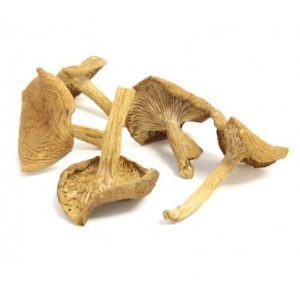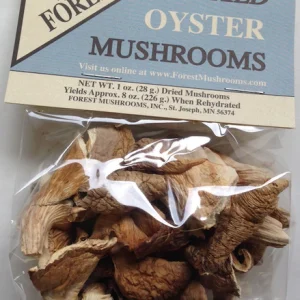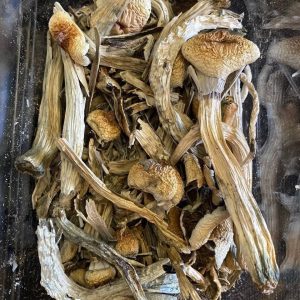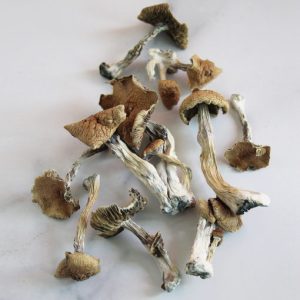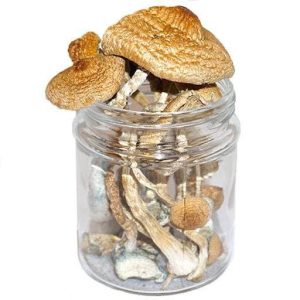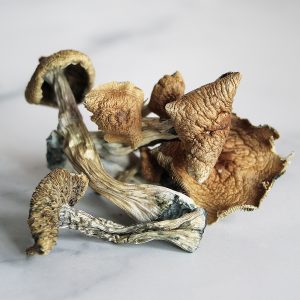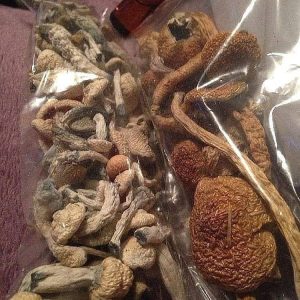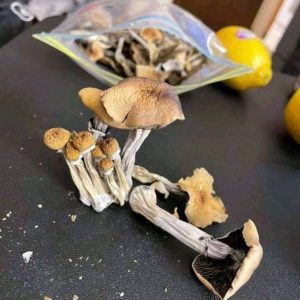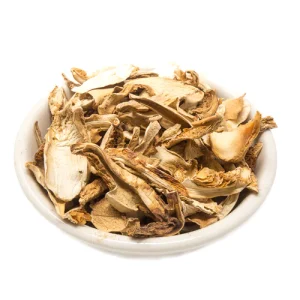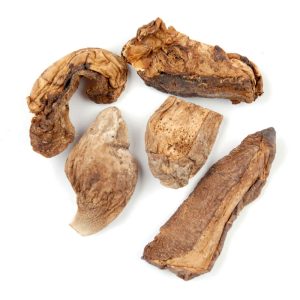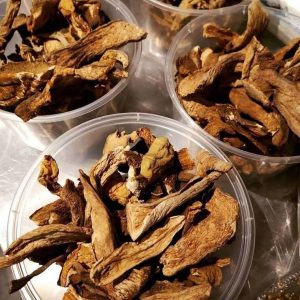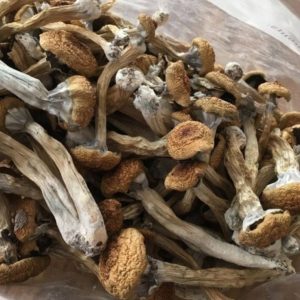More Information
| Ingredients |
Hericium erinaceus (Lion’s Mane Mushroom) |
| Recommended Applications |
In Chinese and Tibetan cuisine the mushroom is used most often as a vegetarian replacement for pork, beef, lamb, and venison. |
| Basic Preparation |
Ready to use as is, no preparation is necessary. |
| Product Style |
Sliced |
| Cuisine |
Asian |
| Handling / Storage |
Store in a cool, dry place. |
| Shelf Life |
1 Year |
| Country of Origin |
China |
| Dietary Preferences |
All Natural, Gluten-Free, Non-GMO |
| Allergen Information |
None Specified |
Mushrooms, categorized as fungi, encompass a vast array of organisms characterized by their unique reproductive structures and ecological roles. These diverse organisms can be found in various habitats worldwide, from forests and grasslands to deserts and even urban environments.
Mushrooms have long been appreciated for their culinary value, adding distinct flavors and textures to dishes. They are versatile ingredients, enjoyed in a wide range of cuisines and dishes, from soups and stir-fries to pizzas and salads. Additionally, certain mushroom species possess medicinal properties and have been utilized in traditional medicine systems for centuries.
In recent years, mushrooms have garnered significant attention for their potential therapeutic benefits. Research suggests that certain species, such as psilocybin-containing mushrooms, have the ability to induce profound experiences and promote therapeutic effects on mental health conditions like depression, anxiety, and addiction. This has led to increased interest in exploring the therapeutic potential of psychedelic mushrooms in controlled clinical settings, with promising preliminary results.
Furthermore, mushrooms play crucial ecological roles as decomposers, breaking down organic matter and recycling nutrients in ecosystems. They form symbiotic relationships with plants, aiding in nutrient uptake and enhancing plant growth. Some mushrooms are even used in bioremediation, helping to clean up environmental pollutants and toxins.
In conclusion, mushrooms are a diverse and fascinating category of organisms with culinary, medicinal, ecological, and potentially therapeutic significance. Their widespread cultural and ecological importance continues to inspire research and exploration into their many intriguing properties.


